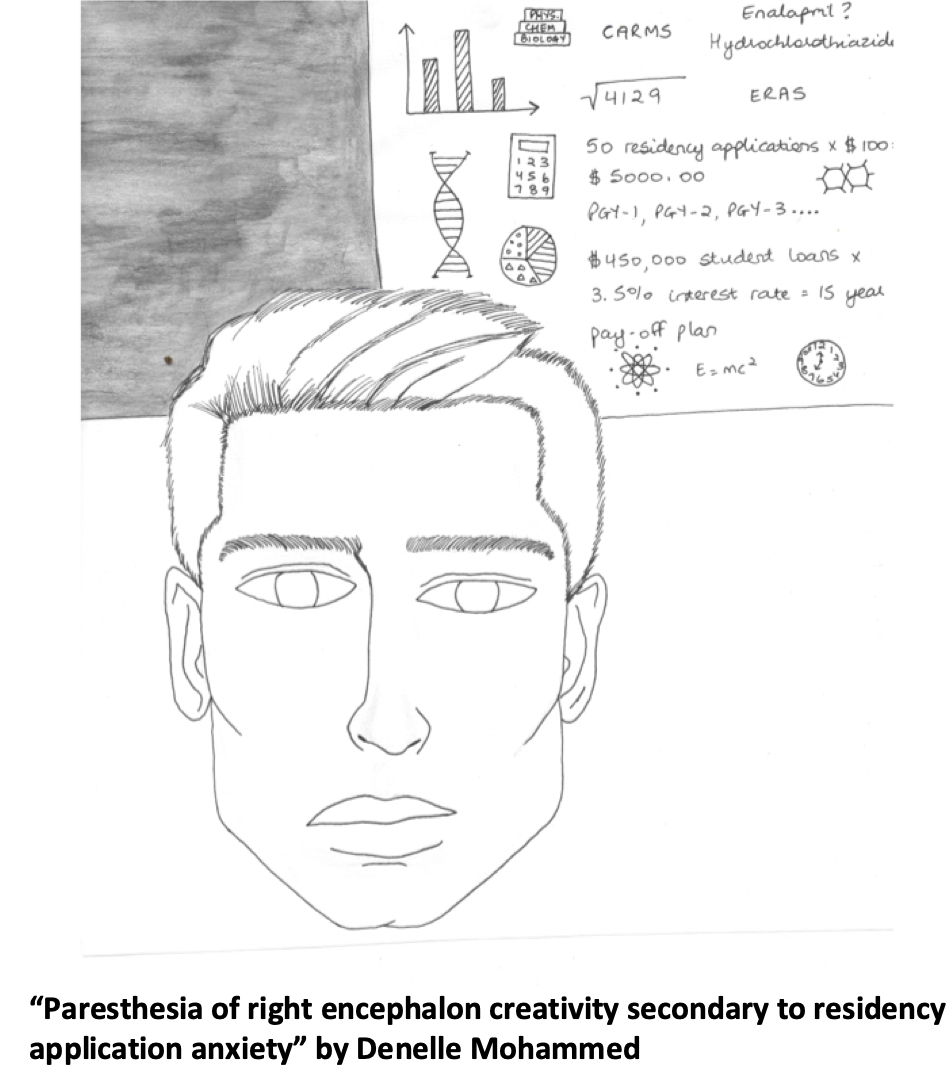"We regret to inform you that you did not match": Reflections on how to improve the match experience
DOI:
https://doi.org/10.36834/cmej.69322Abstract
Background: With the increasing awareness and action amongst stakeholders in addressing the concerning rise of unmatched Canadian Medical Graduates (CMGs), little is known from those who go unmatched. We use our unmatched experience to contribute to this dialogue.
Methods: We present an issues-based examination of the matching process by reflecting on the pre- and post-match period, providing suggestions related to the Canadian context from the unmatched perspective.
Results: The challenge in the pre-match period was handling uncertainty in elective scheduling. This uncertainty was largely manifested from not knowing elective availability at the time of elective application submission, as well as not knowing what “strategy” we should follow in how to structure our elective schedule. For the post-matched period, we were challenged by making decisions during a time-sensitive period, deciding on career issues like scheduling post-match electives, handling our finances, and trying to improve our future residency applications without feedback.
Conclusion: Providing a real-time document of elective availability, providing focused feedback from our residency applications, and implementing and expanding upon extended curriculums for all medical schools to continue CMG training for their unmatched students for upcoming match cycles would greatly improve the unmatched experience.
Downloads
Published
Issue
Section
License
Submission of an original manuscript to the Canadian Medical Education Journal will be taken to mean that it represents original work not previously published, that it is not being considered elsewhere for publication. If accepted for publication, it will be published online and it will not be published elsewhere in the same form, for commercial purposes, in any language, without the consent of the publisher.
Authors who publish in the Canadian Medical Education Journal agree to release their articles under the Creative Commons Attribution-Noncommercial-No Derivative Works 4.0 Canada Licence. This licence allows anyone to copy and distribute the article for non-commercial purposes provided that appropriate attribution is given. For details of the rights an author grants users of their work, please see the licence summary and the full licence.











